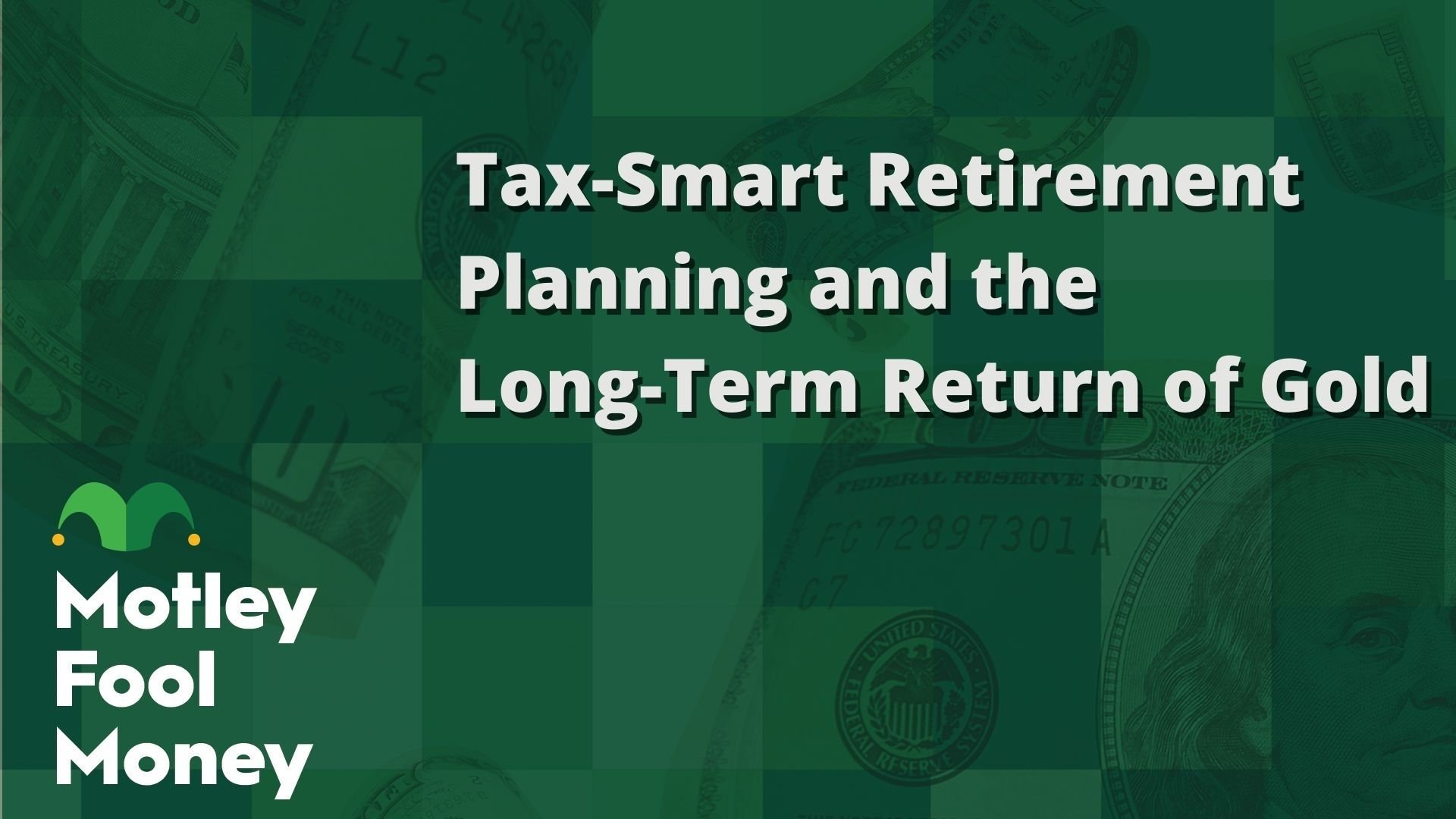As the coronavirus pandemic rages on, it's unclear how long it will be before life can return to normal. And for those nearing retirement, that uncertainty can be troubling.
The U.S. officially entered a recession in February, according to the National Bureau of Economic Research (NBER), and nobody knows how long it will last. The stock market also took a serious tumble earlier this year, and although it has experienced a remarkable rebound since then, it's still volatile. That volatility could potentially put your retirement in jeopardy, because another market downturn could affect your savings.
Retiring during a recession can be risky, but it could also be a smart move for some people. Here's how to tell whether retiring now is the right decision for you.

Image source: Getty Images.
The tricky relationship between the economy and the stock market
First, it's important to understand the difference between a recession and a stock market downturn. In many cases, the two go hand in hand. But sometimes they work independently of each other. Case in point: On the same day that the NBER announced the recession, the S&P 500 recovered its losses and turned positive for the year.
In other words, the fact that the economy is experiencing a recession doesn't necessarily mean a stock market crash is inevitable.
That said, it's wise to be prepared for anything as you're headed into retirement. Another stock market downturn isn't off the table, and if the number of COVID-19 cases continues to climb and businesses have to close once again, there is a greater chance we'll see another downturn.
How a market downturn could affect your investments
How much your investments will be affected by a stock market downturn depends on how your portfolio is allocated. If the majority of your portfolio is allocated toward stocks, your savings could take a serious hit if the market takes a turn for the worse. On the other hand, if you're investing primarily in more conservative investments such as bonds, the effect might not be as severe.
It's for this reason that you should be adjusting your asset allocation as you get closer to retirement age. As we saw earlier this year, stock market crashes can come swiftly. In March, the S&P 500 fell by around 30% over just 22 days -- setting a record for the fastest drop in history. If another crash is around the corner, investing more conservatively now can help protect your savings.
How much you should be investing in stocks versus bonds depends on a few factors, primarily your age and your tolerance for risk. In general, the closer you are to retirement and the more risk-averse you are, the more conservative your portfolio should be. If you still have quite a few years until retirement and you're okay with riding out another stock market storm, you may be able to continue investing more heavily in stocks.
By investing more aggressively in stocks, your savings may be hit harder in the short term. However, once the stock market starts to recover, your investments may bounce back faster than if you're investing more conservatively. So how you choose to invest will depend largely on how much time you have to allow your savings to recover.
Should you retire now or wait?
Even during strong economic times, it can be tricky to determine when to retire. Choosing whether to retire during a recession can be even more challenging.
In most cases, the best time to retire will depend on how prepared you are. If you have a healthy retirement fund and your portfolio is allocated properly for your age and risk tolerance, you might be ready to retire now. If there is another market downturn, you could see your investments drop in the short term. But if you have a robust stash of savings and you're investing more conservatively, you should be able to pull through relatively unscathed.
On the other hand, if your retirement fund isn't as strong as you'd like, you may consider working a few more years, if possible. If you don't have much in savings and the country is hit with a stock market crash, it may be tougher to make ends meet in retirement. By continuing to work and save until the economy stabilizes and a market downturn is less likely, you may be able to enjoy a more comfortable retirement.
The stock market has always been unpredictable to some degree, but the last few months have been a particularly wild ride. By taking a few precautions, however, you can ensure you're as prepared as possible for whatever the future has in store.





